-
Learning by doing
-
Trainers with practical experience
-
Classroom training
-
Detailed course material
-
Clear content description
-
Tailormade content possible
-
Training that proceeds
-
Small groups
Software development is based on a software development process in which the development work is divided into smaller, parallel or sequential steps or sub-processes. This with the aim of improving design, product management and project management. The Software Process is also referred to as a Software Development Life Cycle (SDLC). The software development process has been evaluated over time and nowadays an agile development process is widely used. SpiralTrain provides various classroom Software Process training courses.
Visit our LinkedIn, Facebook or Instagram page for an impression of SpiralTrain. Click on the links below for more information about the courses and the schedule.
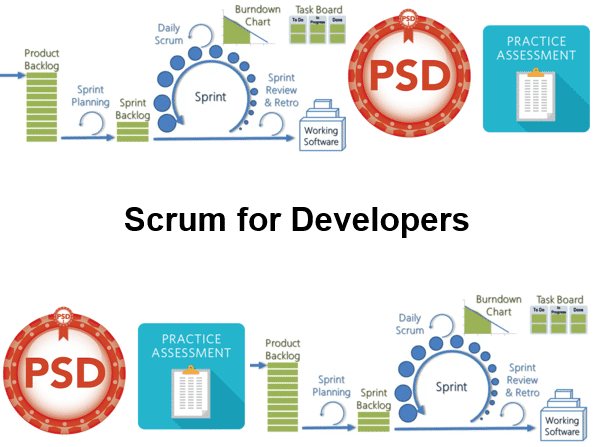 |
Scrum for Developers
Code:
SPR300
First start: 26-03-2026 |
2 days | € 1299 |
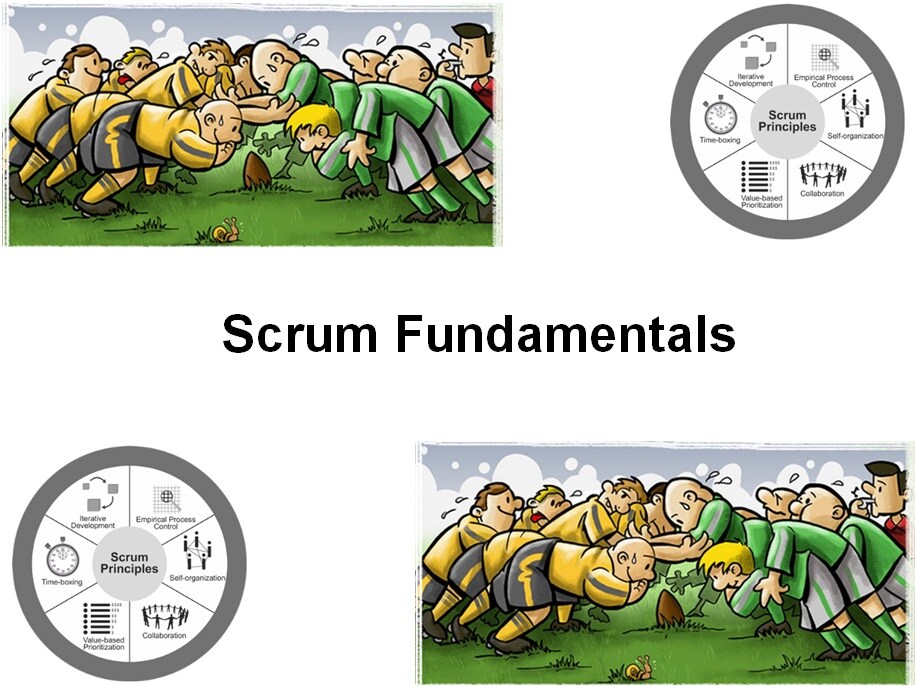 |
Scrum Fundamentals
Code:
SPR100
First start: 09-03-2026 |
1 day | € 699 |
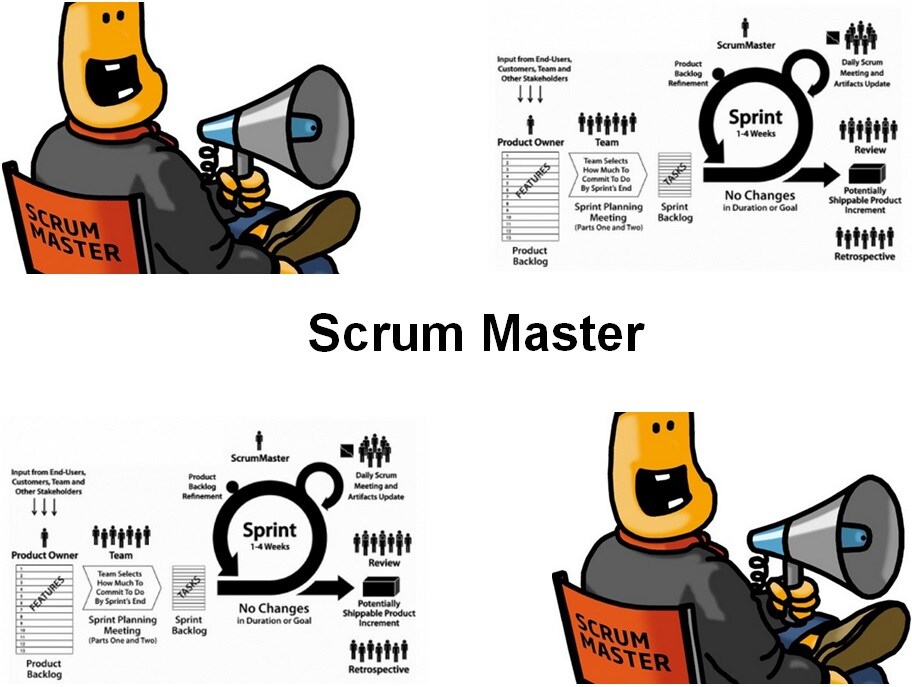 |
Scrum Master
Code:
SPR200
First start: 16-02-2026 |
2 days | € 1299 |
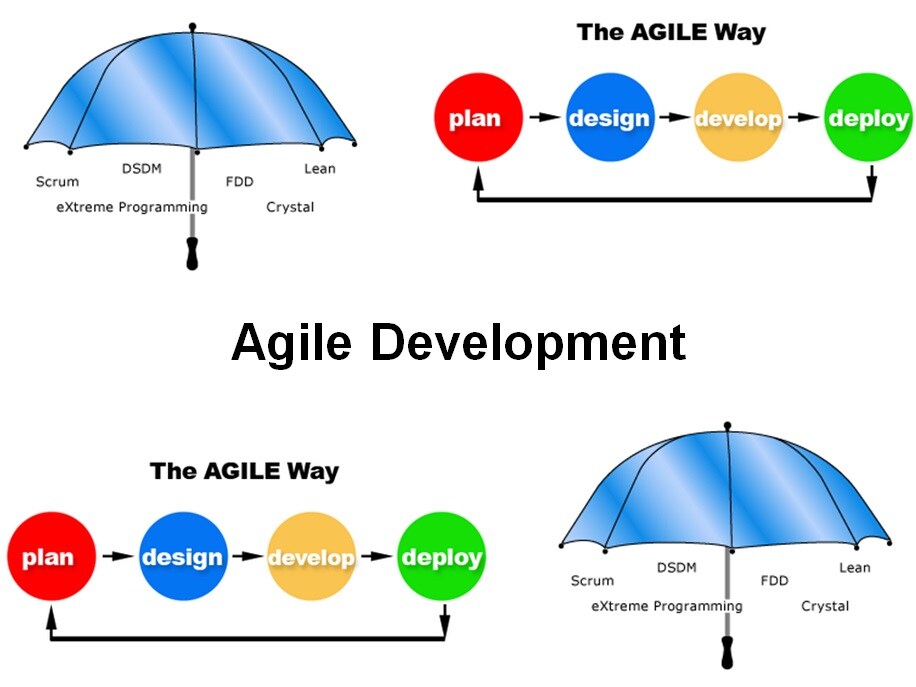 |
Agile Development
Code:
SPR400
First start: 30-03-2026 |
2 days | € 1499 |
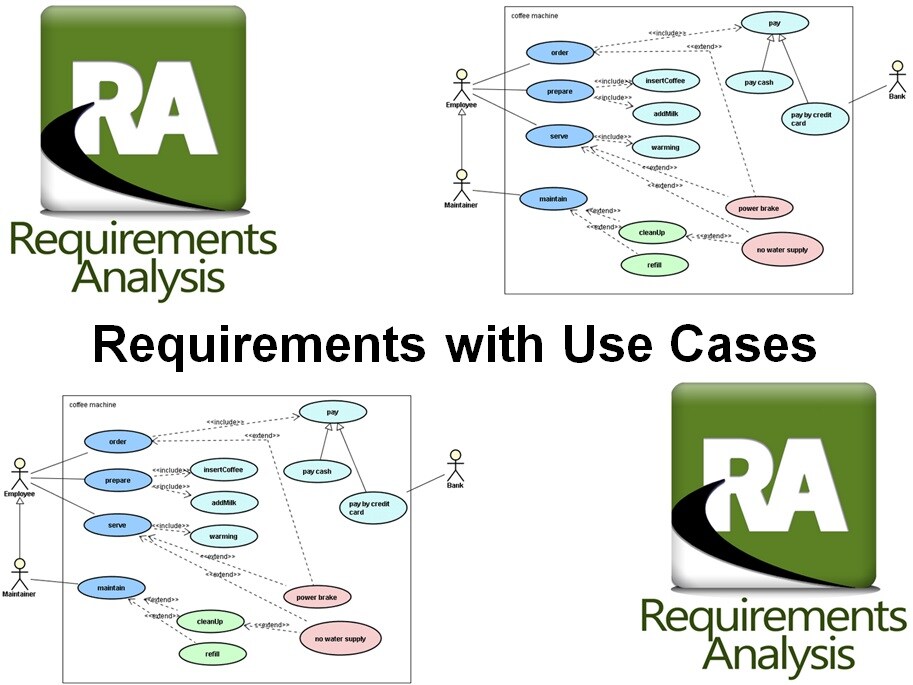 |
Requirements with Use Cases
Code:
SPR500
First start: 29-01-2026 |
2 days | € 1499 |
In the waterfall process, the development goes through a number of phases. Successive phases are definition study, basic design, detailed design, implementation, testing, integration and management. The waterfall model is derived from methods in large projects in building construction. One starts with the first phase and does not start with the next phase until the previous phase is completed. And when an error is discovered in one of the phases, one goes all the way back to correct that phase and redo the subsequent phases.
The Rational Unified Process (RUP) is based on incremental and iterative development. The creators of RUP analyzed the characteristics that cause projects to fail. These are, for example, ad-hoc requirements, ambiguous and unclear requirements, excessive complexity and insufficient testing. The philosophy of RUP is based on a number of best practices such as requirements management, component based architecture and version management. At RUP, each project is divided into four main phases: the inception phase, the elaboration phase, the construction phase and the transition phase.
Agile Software Development concerns methodologies based on the idea of iterative and incremental development, where requirements and solutions evolve through collaboration between cross-functional teams. Scrum and Kanban are two of the most widely used Agile methodologies. Agile Development has its origins in the Agile Manifesto that was drawn up in 2001 during an informal meeting of a number of software developers.
Scrum is a framework for developing software in a flexible way and is a form of Agile Development. Scrum works in multidisciplinary teams that deliver working software in short sprints. Collaboration is very important in Scrum and one must be able to respond quickly to changing circumstances. Scrum is often used when the customer does not yet know what he wants and where the requirements are better described in the process. Often people only know what they want when they see the prototype and then the requirements are still adjusted. Scrum offers the flexibility to deal with changing requirements.